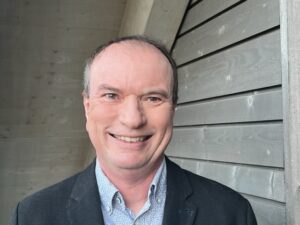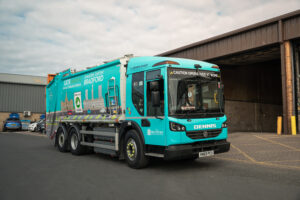Researchers will co-ordinate with children to measure air quality on their daily commute to school in order to understand pollution’s impact on health
The new Born in Bradford (BiB) venture, based at Bradford Royal Infirmary, is funded by the National Institute for Health Research (NIHR). BiB will be working in partnership with the University of Leeds, University of York, Bradford Council, and St. Stephen’s C of E Primary School.
The project centres around training hundreds of school pupils in becoming ‘citizen scientists’. Researchers Dr. Kirsty Pringle and Dr. Jim McQuaid, from the School of Earth and Enviornment at the University of Leeds, have developed and tested portable air quality sensors that students can carry with them. The team can track the children’s exposure to air pollution.
The measurements will be used to track the effectiveness of Bradford’ Clean Air Zone, which Bradford Council intend to introduce in order to reduce levels of pollution in the city. Over two years, the project will be able to monitor children’s exposure to pollution, and the impact of the Clean Air Zone on their health.
‘Children are particularly vulnerable to the effects of air pollution, and many schools are in areas where air pollution is high,’ Dr. Kirsty Pringle commented.
However, the findings from this project are also intended to inspire the next generation of researchers to work alongside teachers and pupils to develop science-learning materials.
‘Poor air quality is a major cause of illness, and children are particularly vulnerable to its effects. With the help of our pupil-citizen scientists, our new study will be able to find out how exposed children are to pollution, and how best we can reduce exposure,’ Professor Rosie McEachan, director of Born in Bradford who is leading the study, concluded.




